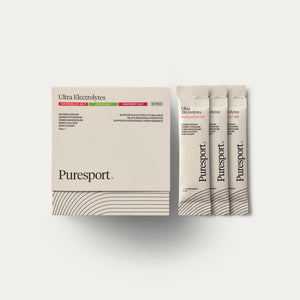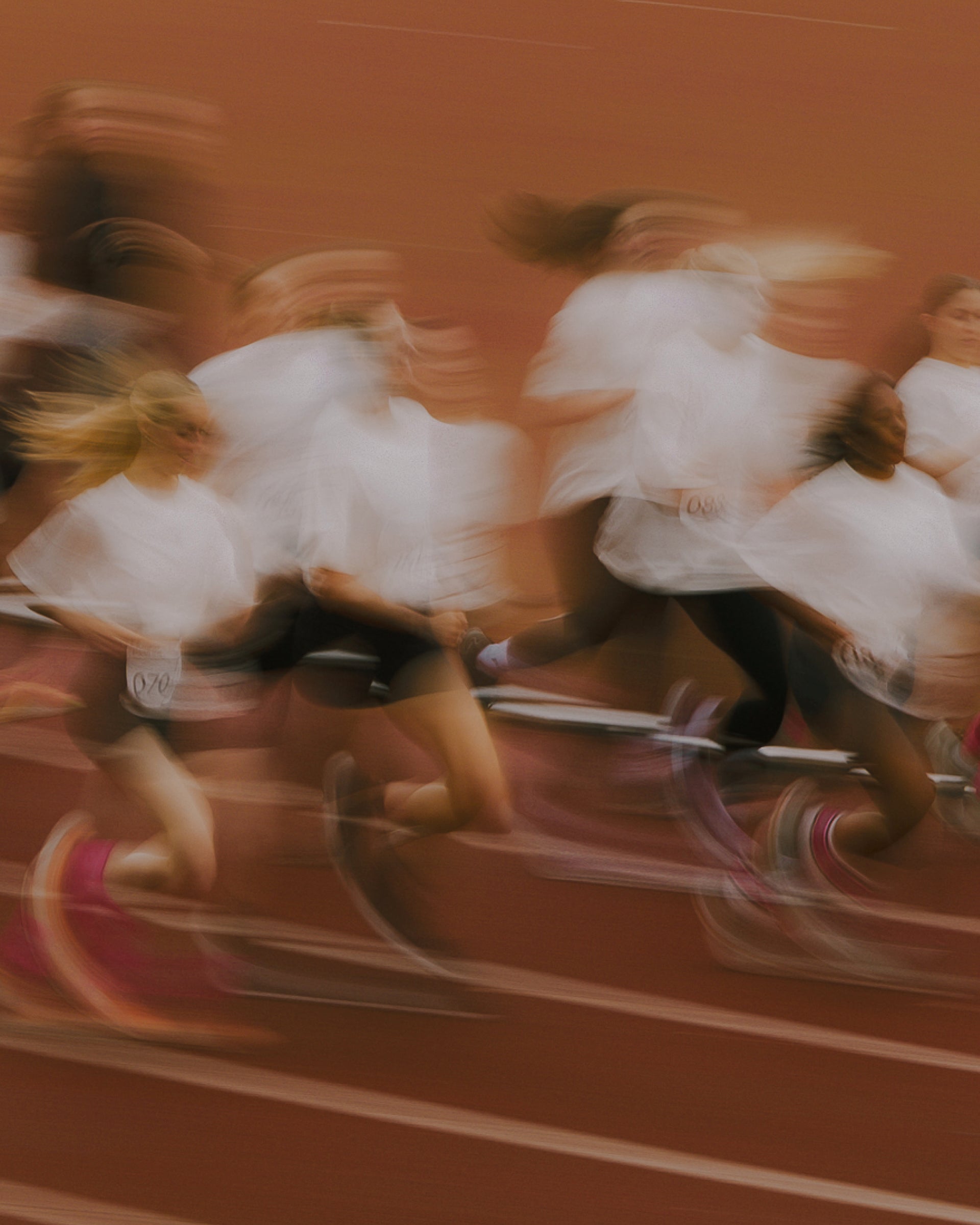The Dangers of Dehydration When Exercising
Many runners believe that thirst is the main signal their body needs water. However, this is a common misconception, by the time you feel thirsty, dehydration may already be affecting your performance and health. Hydration is essential for runners, not only to maintain peak performance but also to protect against serious health risks. Dehydration poses dangers far beyond just feeling parched, impacting everything from stamina to organ function.
What is Dehydration and Why is it Dangerous for Runners?
Dehydration occurs when fluid loss exceeds fluid intake, leaving your body without enough water to function properly. For runners, the risk is heightened due to increased sweating and a higher metabolic rate during exercise.
As you run, your body loses fluids and electrolytes through sweat, which are vital for maintaining blood volume, regulating temperature, transporting nutrients, and removing waste products. When these processes are disrupted, performance drops and health risks rise. To support your hydration, consider specialised products like performance hydration supplements designed for athletes.
Running Whilst Dehydrated: Performance and Physical Impairment Impacts
Decreased Performance
- Reduced endurance and stamina: Even a 2% loss in body weight due to dehydration can impair exercise performance, lowering your VO2 max and work capacity.
- Slower pace and reaction time: Dehydration increases perceived effort, making every step feel harder.
- Muscle cramps and fatigue: Loss of fluids and electrolytes can cause painful cramps and early fatigue. For relief, explore muscle recovery supplements.
Impaired Thermoregulation
- The body's ability to cool itself is compromised, increasing the risk of overheating.
- Dehydration reduces sweat rate and skin blood flow, causing your core temperature to rise faster.
Cardiovascular Strain
- Reduced blood volume forces your heart to work harder, raising heart rate and increasing strain on the cardiovascular system.
The Severe Dangers of Dehydration: When is it a Medical Emergency?
Heat Exhaustion
- Symptoms: Heavy sweating, cold/clammy skin, nausea, dizziness, weakness, headache, rapid pulse.
- First aid: Move to a cool place, loosen clothing, sip water, and apply cool cloths and ice packs if accessible. If symptoms worsen, do not hesitate to seek medical help immediately.
Heatstroke
- Symptoms: High body temperature, hot/dry or damp skin, confusion, seizures, loss of consciousness, rapid/strong pulse.
- Action: This is a medical emergency — call emergency services right away.
Acute Kidney Injury
- Severe dehydration can reduce kidney function, leading to acute kidney injury (AKI), where the kidneys cannot filter waste effectively. This can be life-threatening without prompt treatment.
Electrolyte Imbalance
- Electrolytes are essential for muscle and nerve function. Imbalances can occur from excessive sweating without adequate replacement or from drinking too much water without electrolytes.
- For optimal balance, use electrolyte supplements.
- Note: Hyponatremia, or overhydration, is a different but also dangerous condition caused by diluting sodium levels in the blood.
Recognising Signs of Dehydration while Running: Listening to Your Body
Watch for these warning signs:
- Dark urine or reduced urine output - often there will also be a pungent scent to your urine.
- Dry mouth and chapped lips are clear warning signs of dehydration.
- Fatigue, dizziness, confusion, irritability and the onset of headaches.
- Muscle cramps and prevailing muscular weakness.
Understanding your individual sweat rate can help you tailor your hydration strategy. Weighing yourself before and after runs can provide insight into how much fluid you lose and need to replace.
Whether you are a newer runner or seasoned athlete, Puresport have the bundle for you to help you stay hydrated. From our Intro Runners Bundle to our Ultimate Endurance Bundle, find the supplement mix that works best for you.
Run Safe, Run Strong
Hydration is as critical to your running success as your training plan. Prioritise fluid and electrolyte intake before, during, and after your runs to protect your health and maximise performance. By listening to your body and staying ahead of dehydration, you’ll run stronger, recover faster, and enjoy every mile with confidence. Stay safe, stay hydrated, and keep moving forward.





















































































